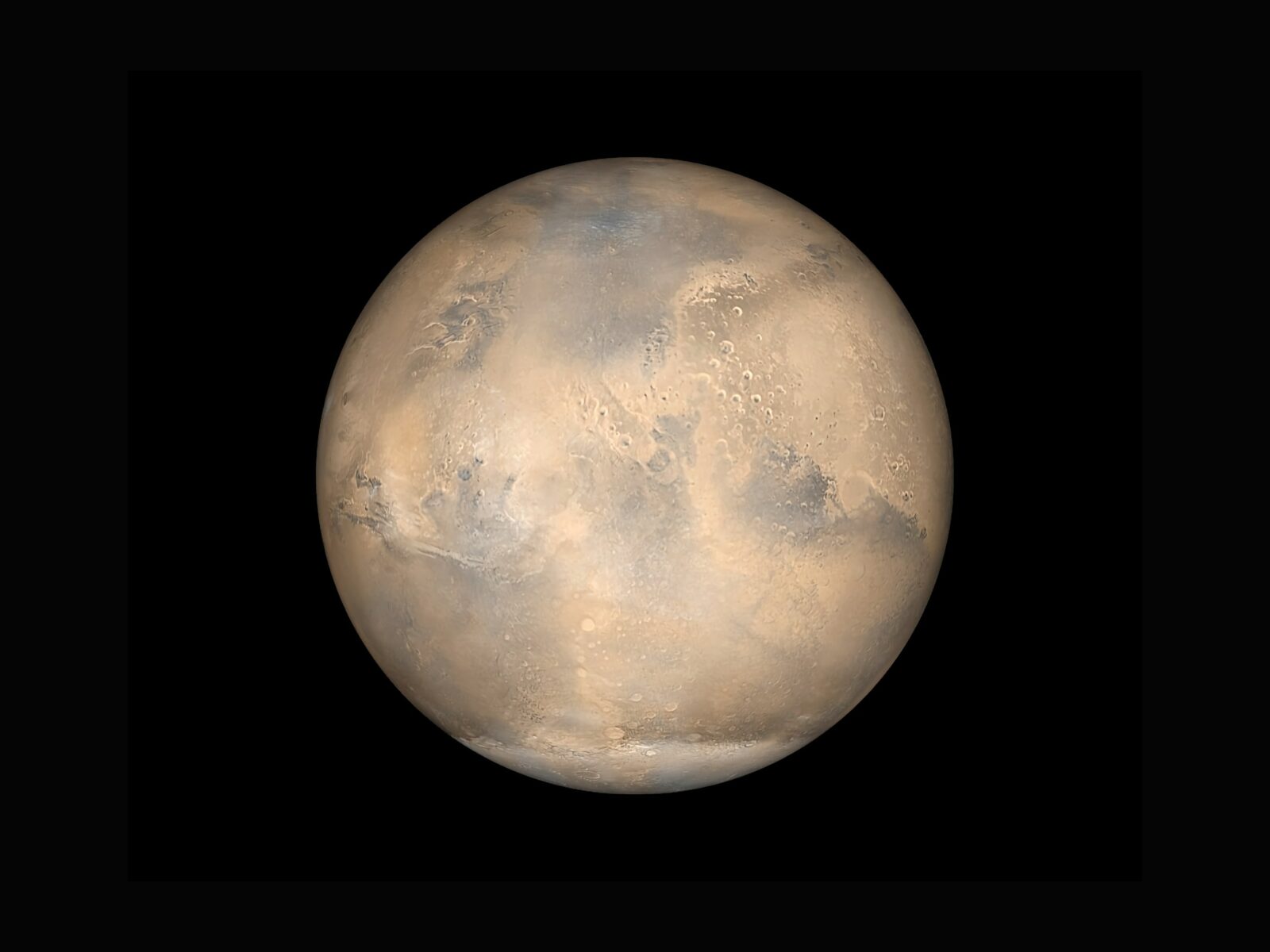Mars is not what you would expect an alien planet to be like. It has a thick atmosphere with much carbon dioxide, but it also has water ice at its poles and an unexplored interior with pockets of very intense heat. Scientists think Mars may have supported life since the beginning of its formation, but it is unclear whether life ever evolved on Mars. While Mars might be a lush planet at the moment, researchers believe that the Red Planet once had plenty of water.
Scientists begin to understand how the planet was dried out, and it appears that large dust storms are not the only ones responsible. According to a new paper, local small dust storms also played an important role in the loss of water.
A dust storm can be an extreme event on the Red Planet, engulfing the entire planet at once. However, regional dust storms are also prevalent on Mars. According to researchers, these smaller storms manage to get the water vapor up in the atmosphere, where UV radiation takes the hydrogen from the molecules of water.
“This paper helps us virtually go back in time and say, ‘OK, now we have another way to lose water that will help us relate this little water we have on Mars today with the humongous amount of water we had in the past,” explained Geronimo Villanueva, a planetary scientist at NASA’s Goddard Space Flight Center.
The study looked closely at a local dust storm that took place in the first two months of 2019. The storm made the temperature go up, and the water vapor rose up toward the sun. Data was taken from NASA’S Mars Reconnaissance Orbiter and Mars Atmosphere and Volatile Evolution, as well as the Trace Gas Orbiter from the European Spacy Agency.












Leave a Reply